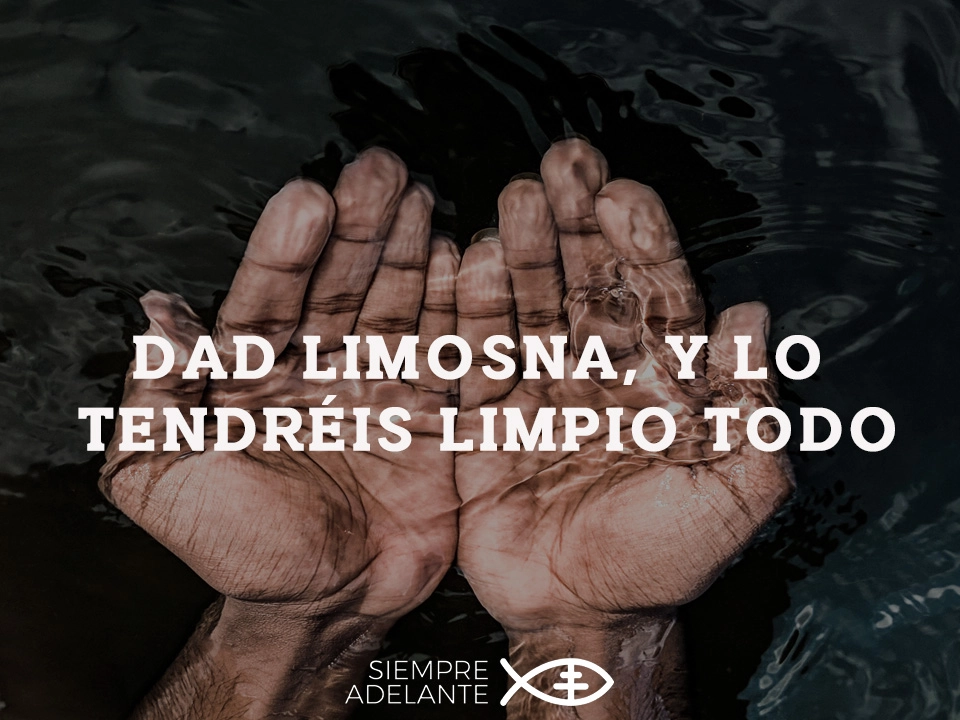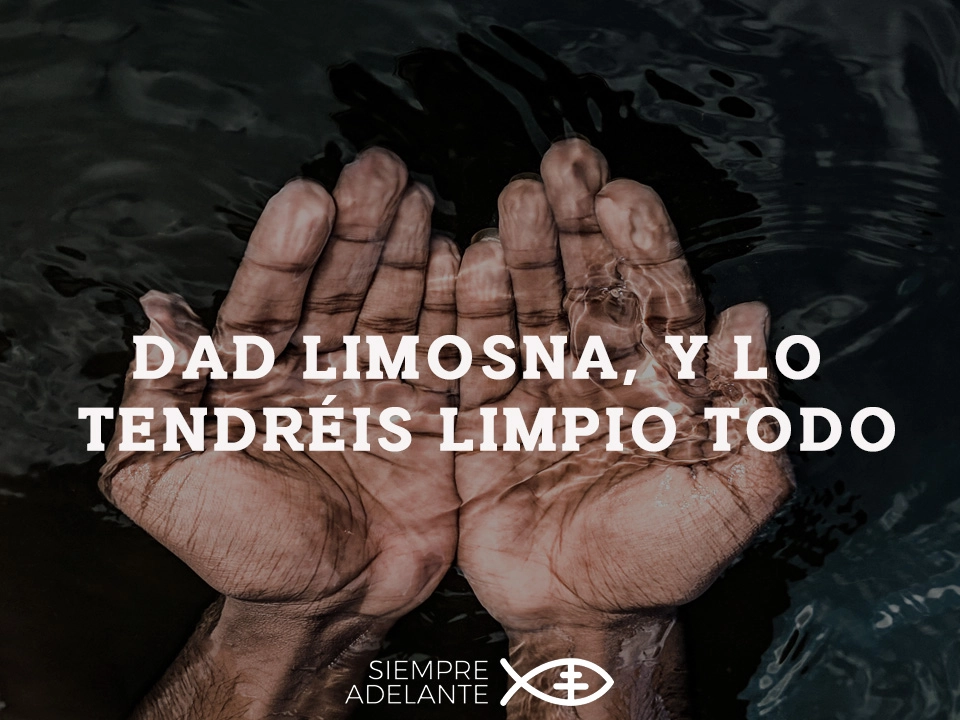Today's Gospel Reflection

Having known God, they did not glorify him as God.
St. Paul will develop a series of arguments about the Gospel "which reveals the true justice of God". And, although in the statement he has put the Jew first, and then the Greek, in order to explain it he begins by speaking of the ignorance of God on the part of the Gentiles and, later, he will speak of the Jews. In this same letter he will later say: "God has shut us all up in sin, that he might have mercy on us all" (Rom 11:32).
In today's text, Paul wants to awaken the conscience of the pagans to their need for God's love. He insists on making us know that the order and beauty of creation raises the mind to the Creator. That is why they have no excuse for not knowing God. They think they are so wise and yet "their foolish mind was plunged into darkness." When we do not seek salvation in God, we ask for it from anything: a trip, a girlfriend, a friend... and we end up idolizing and indulging in illicit pleasures, believing that this will fill our lives. But Paul's message is one of hope: once we discover our need for God, we can open ourselves to grace and thus experience salvation.
Give alms and you will have everything clean.
St. Luke the Evangelist today places us in the house of a Pharisee. Jesus not only eats with tax collectors, he also seeks the salvation of the Pharisees. He knows well the Jewish rules of ablutions before eating and yet he is free to sit at the table without using these empty rites. As a good teacher, Jesus taught us how to cleanse the stains of our body, saying: "But rather give as alms what you have, and all the rest will be pure in you" You see well how many remedies there are! Mercy purifies us. The word of God also purifies us, as it is written: "You are already clean because of the word that I preached to you" (Jn 15:3).
The Lord invites us to seek simplicity and condemns being attached to what is superfluous and vulgar. The Pharisees, because of their fragility, are compared, and not without reason, to the cup and the saucer: they scrupulously observe points that have no use for us, and they forget that where the fruit of our hope is to be found. They commit, then, a great fault, despising the best. And yet, even this fault has been promised forgiveness if it comes after mercy and almsgiving.
The essential is invisible to the eye. To give alms from "within" is a difficult expression to understand. We must continually purify our intention by saying: For you, Lord, because I love you, because we know that you, generous God, gave alms of yourself, you gave yourself totally and definitively to humanity with a free and generous heart. Enable us, Lord, to give life, for there is much more joy in giving than in receiving, God blessed forever!

